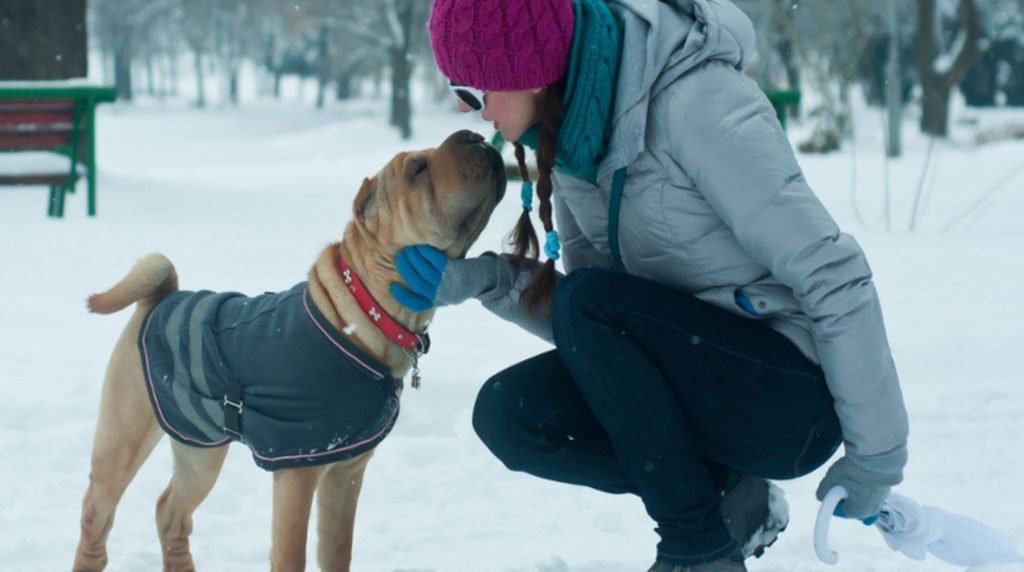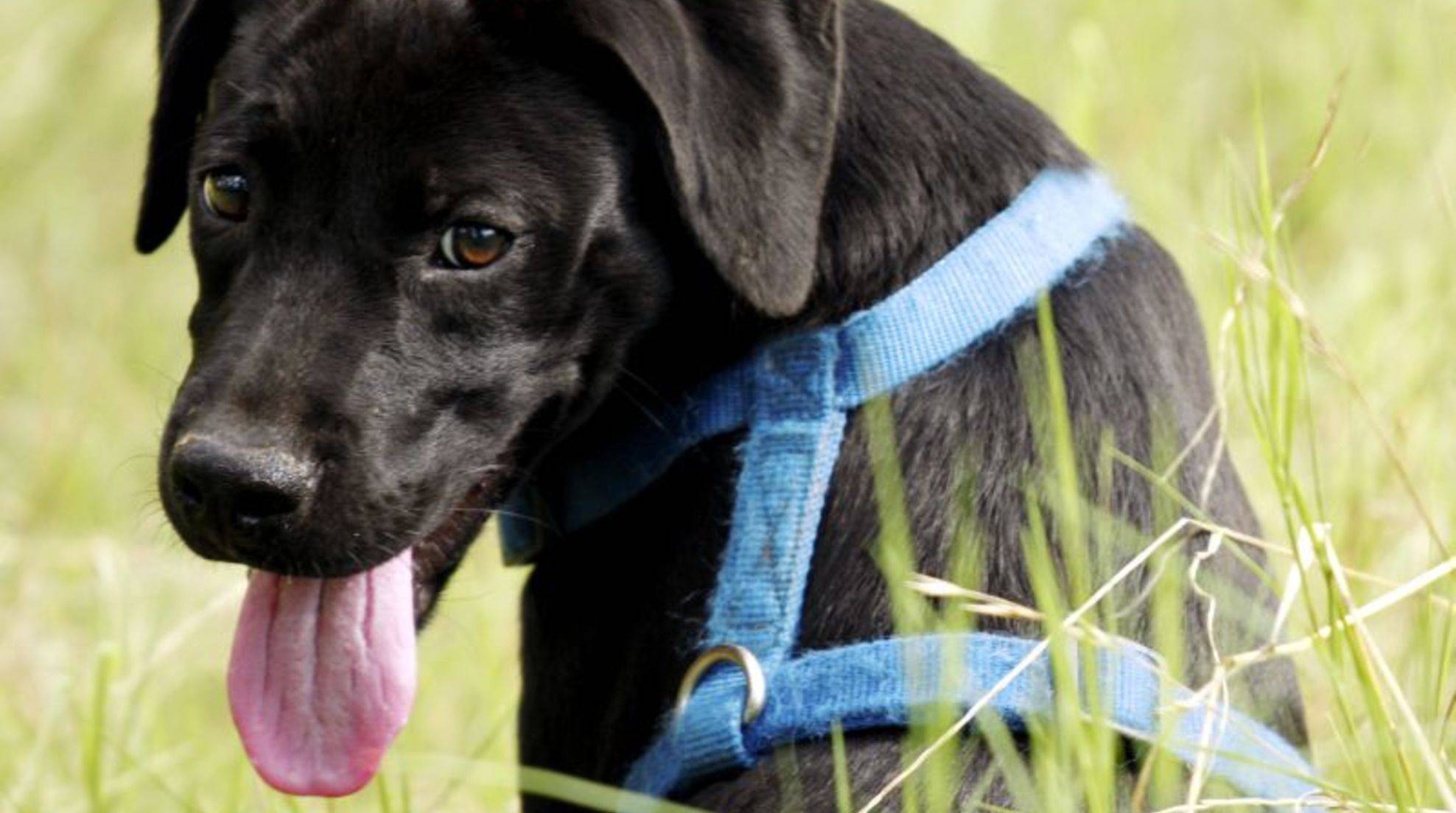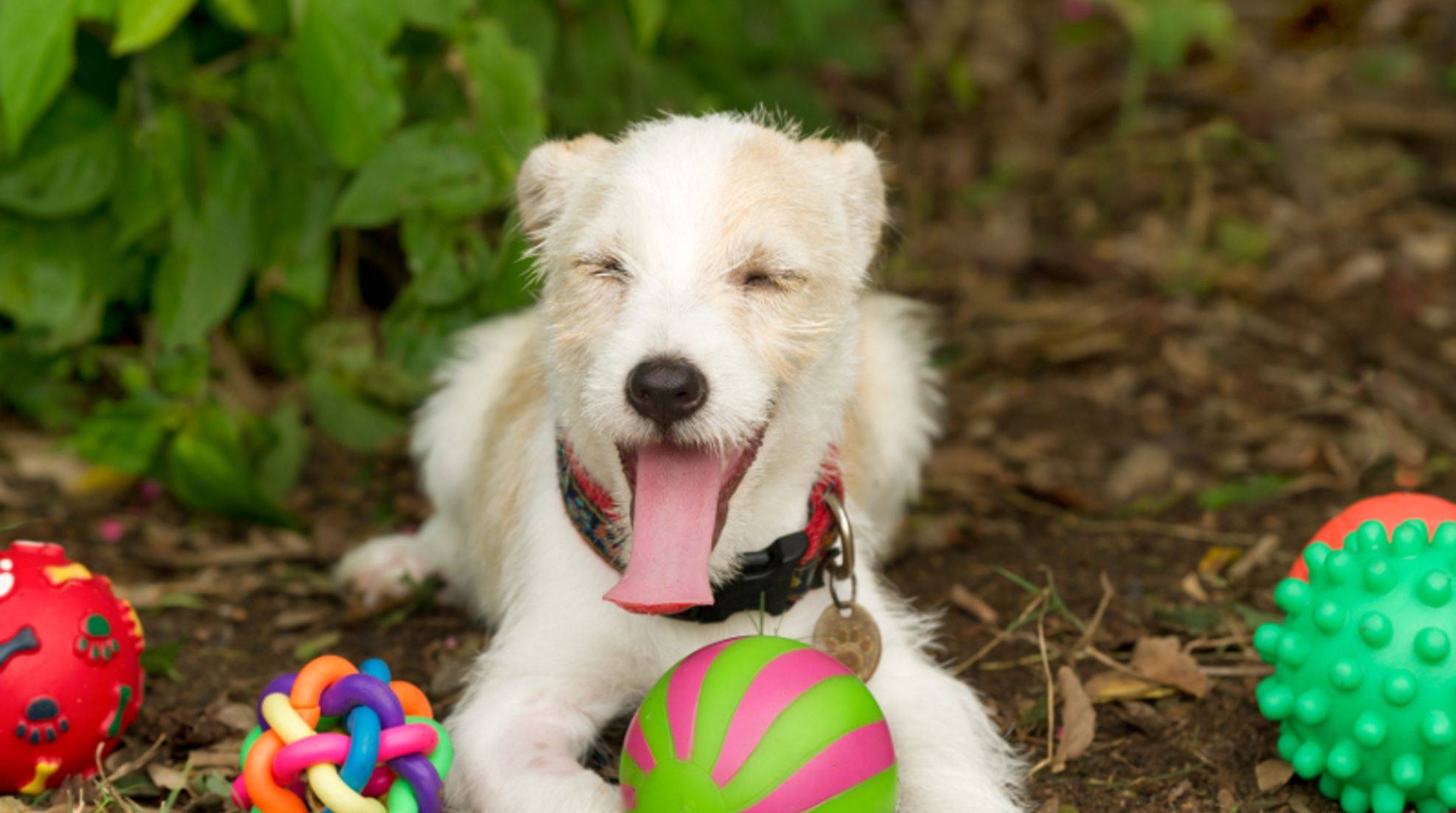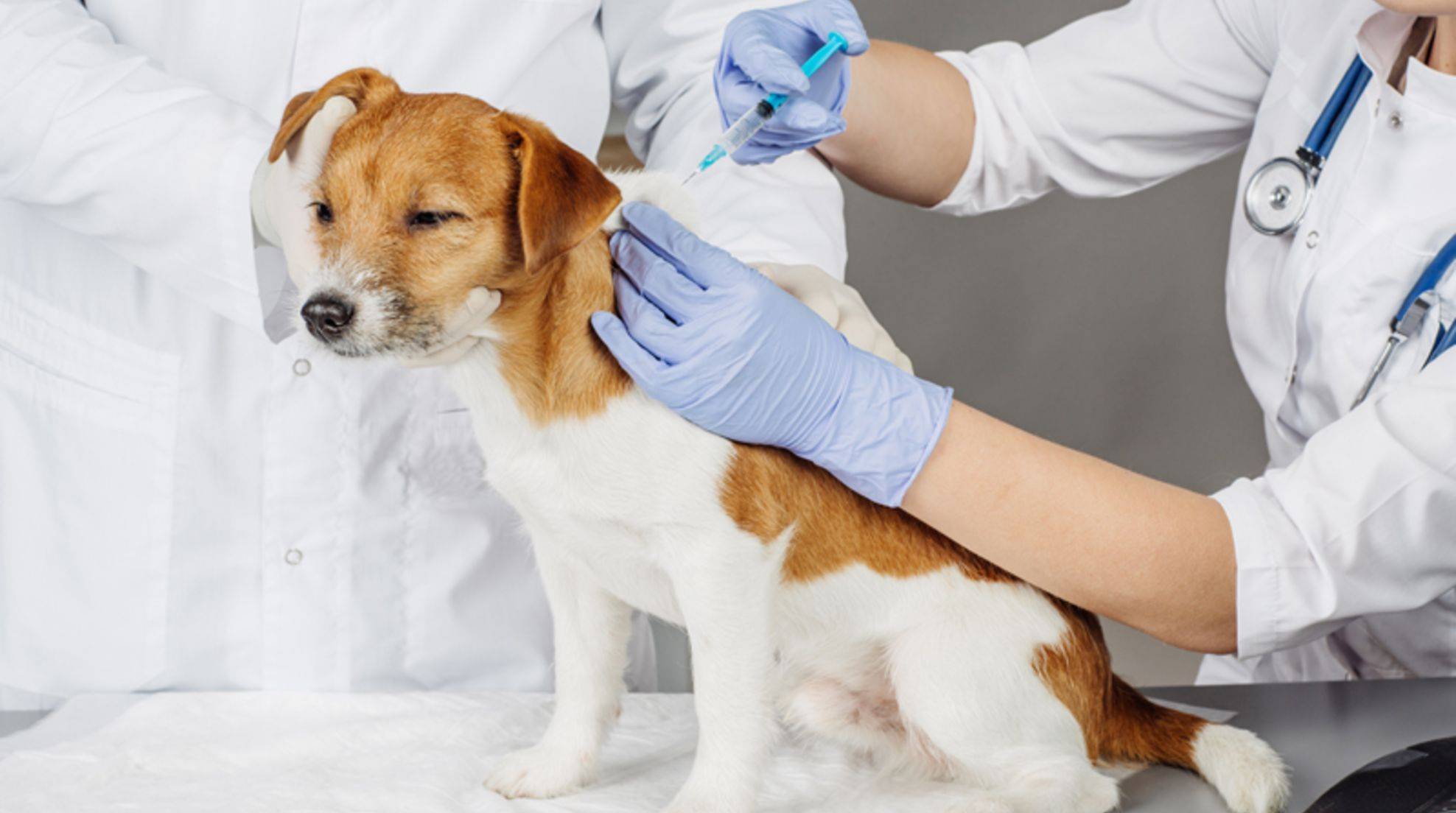Five health tips for dogs in winter
Anyone who has observed dogs in winter knows that most four-legged friends love this time of year. Fun factor number 1 is, of course, the snow. But as beautiful as the white goings-on are – when it comes to dog health, there are a few things you should keep in mind during the cold season.
Dipping your nose in the snow, catching snowflakes out of the air, and sprinting across a white winter meadow – all of this is fun, but it also poses dangers. The following five tips will help your Wuff stay healthy.
- watch out for hypothermia
On any winter walk, make sure your dog gets enough exercise. If it’s cold outside, dogs will freeze in the winter if their circulation is not active. However, if running, spotting, and retrieving occur, the cold usually doesn’t bother your woof. By the way, just as in midsummer, don’t lock dogs in the car for too long in winter. The vehicle can quickly become an ice chest. Hypothermia danger also threatens with long waiting outside, for example, before the supermarket.
- paw care for dogs in winter
Make sure that your dog always has as short as possible fur between the toes in winter, and cut the paw hairs regularly, especially for long-haired snow lovers. Otherwise, snow and ice can get stuck there, often resulting in hard, painful ice pellets between the toes that can cause inflammation. Don’t forget: In addition to the fur on the paws, the rest of the dog’s coat also needs more care than usual in winter.
- on safe paths: Avoid road salt and grit
In winter, some roads and paths are mainly covered with road salt or grit. What helps people not to slip sometimes harms sensitive dog paws. The pads react quickly with slight injuries or inflammations. Tip: Use paw protection wax available in specialized shops – this protects against a bunion injury caused by road salt. An alternative is special paw protection shoes for dogs. However, most dogs have to get used to these garments in winter.
- dog clothes can be useful
Dog clothes are advisable for some dogs in winter. Usually, furry noses do not freeze with enough exercise – but some dog breeds need it especially warm. For animals with little or short fur and weakened, sick, or older dogs, dog clothing is advisable in winter at sub-zero temperatures.
- the proper nutrition in winter
Experts still argue whether dogs need more food in winter due to a higher energy requirement. As a rule, four-legged friends do not have an increased energy requirement – other food often only affects excess weight. Just pay attention to a healthy and balanced dog diet as usual. If you like, you can feed a dog food with additional vitamins in winter – it is best to consult your vet about this.








